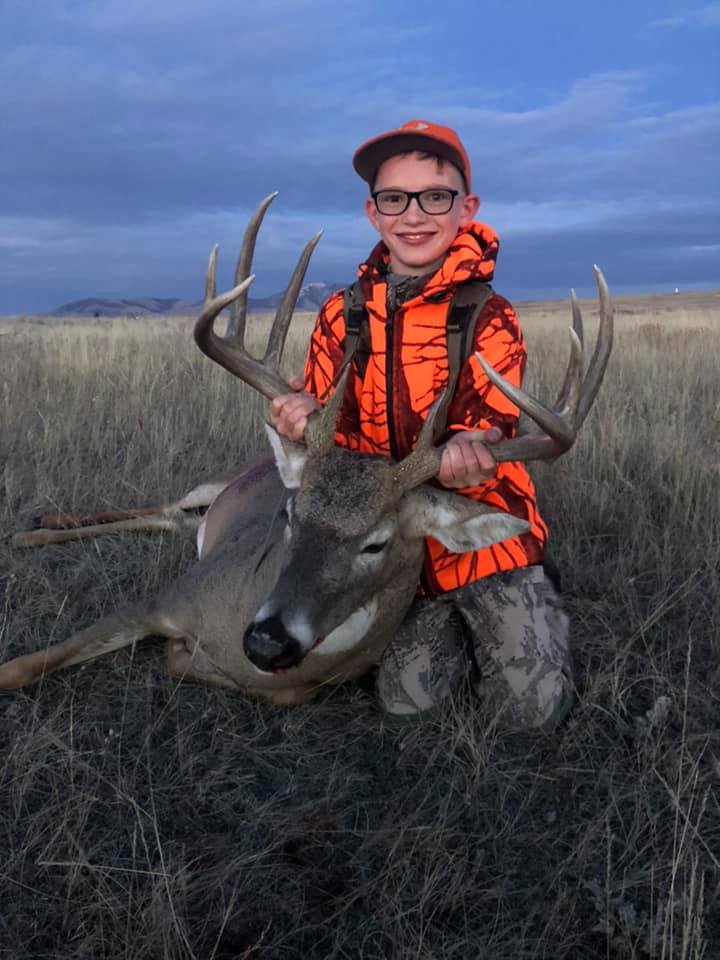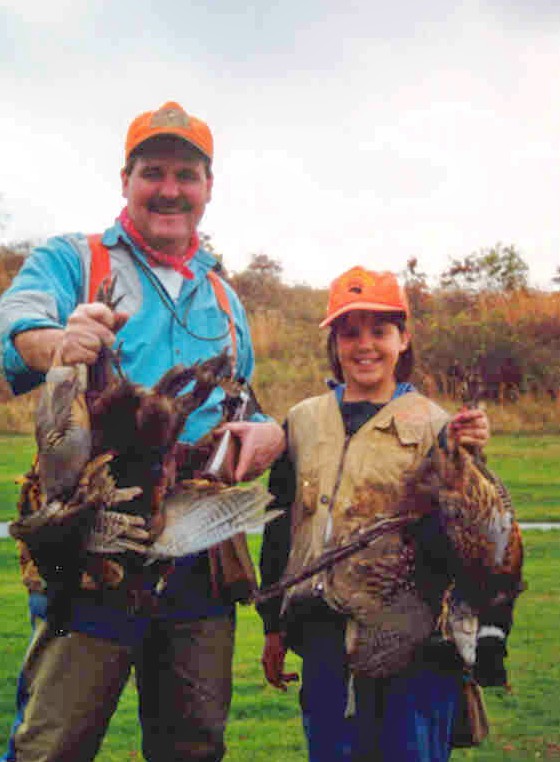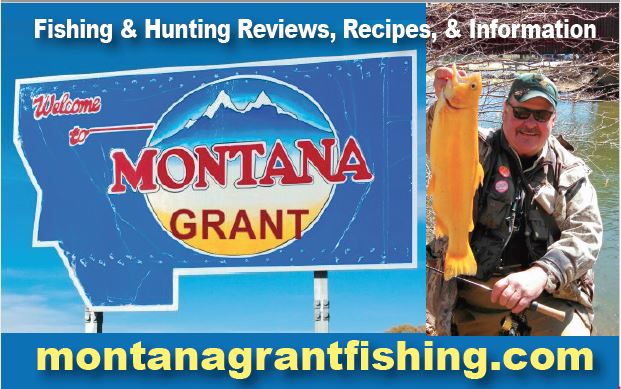27 Oct HUNTING IS IMPORTANT!!!
Hunters understand the importance of their role in the ecosystem. Non hunters rarely do. If you don’t do Yoga, why would you understand it?

For those that chose to hunt, there is an historical and biological need. Hunting offers an appreciation and responsibility toward wildlife, and open spaces, that is more than just food. Ecosystems need to be managed, protected, and maintained for all wildlife, not just the wild game that is in season.
In a time of processed foods and modified nourishment, some folks prefer organic, wild, and natural nutrition. Hunters choose to feed their families and loved ones a natural diet instead of a store-bought meal. The sport also feeds their soul and spirits!
Hunting is limited to certain seasons, when game populations are at their healthiest, and most abundance. They pay for licenses and are taxed on all gear needed to pursue their sport. These funds go toward acquiring, managing, and maintaining public lands. Everyone gets to enjoy the Greenways, open spaces, parks, and wildlands, paid for through hunting, or fishing dollars. Other recreational groups do not pay for their access, use, impact, or enjoyment of these areas.
Hunting helps all wildlife Scientifically based, regulated hunting, has never led to threatened or endangered wildlife. Thanks to hunting, we still have healthy populations of wildlife. Elk, deer, waterfowl, and other hunted populations are at their highest and healthiest numbers in over 100 years. Biologists and wildlife managers address the research and science that supports our wildlife and wild places.
Hunting is humane and natural Hunting is a blood sport. Yes, blood is involved. Legal weapons used for hunting, are capable of a quick and humane harvest. Natural predators, automobiles, and harsh weather offer cruel, and painful, mortality outcomes. Overpopulation, disease, starvation, territorial competition, and harsh weather define Mother Natures cruelty. By managing and maintaining wildlife populations, that the natural lands can support, wildlife thrives.
Hunters are Wildlife Managers Carrying capacity is the term used to define how many critters can live on how many acres. Since wildlife is a renewable resource, an annual harvestable surplus is available. Licenses and permits are made available based on the need for harvest. Bucks, bulls, and males of many game species are polygamous. One male can breed with dozens of females. Because of this, males can be reduced from the herds. The females are then protected. If an area population is impacted by fire, weather, or…, then the harvest quota is altered.
Hunting Heritage is American America was founded, explored, and protected by hunters. Communities were fed by the hunters in their population. In return other needs would support the hunters. Much of America was populated and developed because of natural resources available to communities. Since prehistoric times, hunters have been an important part of our ecosystems.
Hunting provides organic, free range, locally grown meat Harvesting your own meat is one more way for folks to be more self-sufficient. The “Locavore” food movement embraces fresh wild game. Consuming meat without additives, dyes, hormones, and chemicals is a healthy choice for everyone’s diet.
Hunting has dedicated members Hunters impact wildlife and wild places for a lifetime. Their participation, information, donations, fees, and dedication enhance the sport, and our society.
Hunting controls conflicts between wildlife and humans Farmers, landowners, or public lands are managed for a healthy population of deer, elk, and other critters. Too many critters can consume too much food, damage crops or landscaping, spread diseases, or add stress to the ecosystem. Limits and special hunts help to regulate these population impacts.
Hunting contributes to the economy Hunters pay their way for the privilege to hunt. Whether by license fees, gear taxes, or donations, sportsmen are the bank that pays for everyone to have healthy outdoor spaces.
Hunting is one of the safest sports! Statistically, hunting is extremely safe. Hunter funded education and Training are required to purchase a license. Rules and regulations encourage safety. Clothing and weapon designs are also regulated and improved. Hunting has a lower injury rate than golf, volleyball, football, and tennis.

Hunting is not a bloodthirsty, savage, kill quest. Limits, seasons, rules, and regulations set the framework for safe hunting. These self-imposed restrictions help all wildlife and wild places. Wildlife populations that are hunted are healthier today than 100 years ago, before laws were in place.
Hunting is healthy Hunters enjoy the outdoors. The traditions and experiences of hunting encourage us to challenge and expand our horizons. Hunting is one way that we fall in love with nature. The traditions, friendships, and family that participate in hunting share memories and lifelong relationships because of hunting. The physical and mental demands of hunting help us to stay in mental and physical shape. The smell of a campfire, hunting camp, acorns, decaying leaves, sunrises and sunsets are never forgotten.
Many of the feelings, excitement, and adventures of hunting are personal. Hunting is an intimate sport. The outcomes are more than just killing something. Not everyone is wired to be a hunter just like not everyone is wired to be a teacher, Doctor, or whatever you choose. Its ok if you are not a hunter. Just remember to thank them for the wonderful outdoor places that they protect, pay for, support, and cherish too!
Hunt hard, hunt harder!
Montana Grant
For more Montana Grant, find him hunting at www.montanagrantfishing.com.


